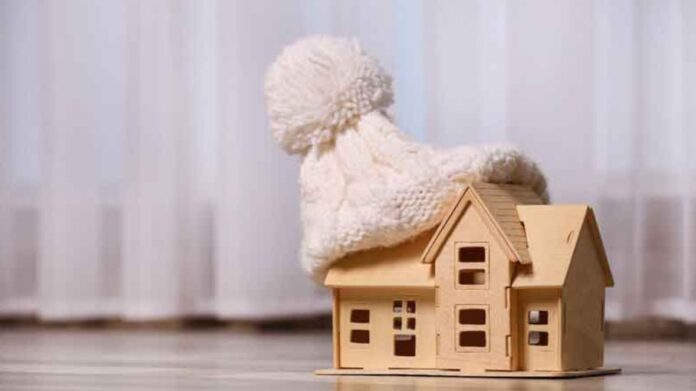Have you ever walked into your home during a cold winter day and noticed an uncomfortable chill in the air? If so, it’s likely time to invest in a new heating system. Choosing the right one can be a daunting task, as there are several options available on the market.
But don’t worry—this guide will help you evaluate different types of heating systems and make an informed decision.
The Different Types of Heating Systems
When it comes to purchasing a new heating system, you have several options. The most common types of systems are furnaces, boilers, heat pumps, and radiant heat. It’s important to understand the differences between these systems so you can choose the right one for your home.
- Furnaces– Furnaces are the most common type of heating system found in homes. They use a furnace filter to capture dust and other particles and then blow heated air through your ventilation system. Furnaces can be powered by gas, electricity, or oil—so you’ll need to determine which one is best for your home. It’s also important to consider furnace repair and replacement costs, as furnace maintenance can become expensive over time.
- Boilers– Boilers are used to heat water or steam to provide hot water or radiators for home heating. Like furnaces, boilers can be powered by gas, electricity, or oil. Boilers tend to last longer than other types of heating systems and are more efficient, but they can be expensive to install.
- Heat Pumps– Heat pumps use electricity to move heat from one place to another—either from outside your home into it or vice versa. They are typically more energy-efficient than furnace systems and can be used for both cooling and heating. However, they often require additional components to work correctly, which can raise installation costs.
- Radiant Heat– Radiant heat systems use hot water or electricity to provide warmth throughout a home without the need for ducts. This system is usually more expensive than other types of heating systems, but it’s also very energy-efficient and can provide consistent temperatures in multiple rooms.
How to Choose the Right Heating System for Your Home
Now that you’re familiar with the different types of heating systems, it’s time to determine which one is best for your home. To do this, consider factors like price, energy efficiency, installation process, and size requirements.
- Price– When it comes to choosing a new heating system, you’ll want to consider the upfront costs of purchasing and installing the system as well as any associated maintenance costs. Some systems may require more energy consumption over time, so you’ll also want to factor in future energy bills.
- Energy Efficiency– If you’re looking to save money on your energy bills, opt for a system that is more energy-efficient. Heat pumps and boilers are typically the most efficient types of heating systems, so you may want to consider one of these if you’re looking for maximum efficiency.
- Installation Process– Depending on the type of heating system you choose, the installation process can vary drastically. Some systems may require professional installation while others are simple enough to do yourself. Make sure you understand what’s required before starting the project.
- Size Requirements– Your heating system needs to be able to properly heat your home without overworking itself. To ensure this, measure your space and compare it to the size requirements of the heating system you’re considering.
Tips for Safe and Efficient Operation of Your Heating System
Once you’ve chosen the right heating system for your home, there are a few steps you can take to make sure it runs safely and efficiently. First, be sure to regularly change the filter in your heating system as clogged filters can lead to decreased efficiency. You should also have a professional inspect your system every year to check for any potential problems or maintenance needs. Finally, make sure you’re using thermostat settings that provide the most efficient temperature control and energy usage.
By following these tips, you can ensure that your heating system is running safely and efficiently. With the right system in place, you can rest assured knowing that your home will stay warm and cozy all winter long.






